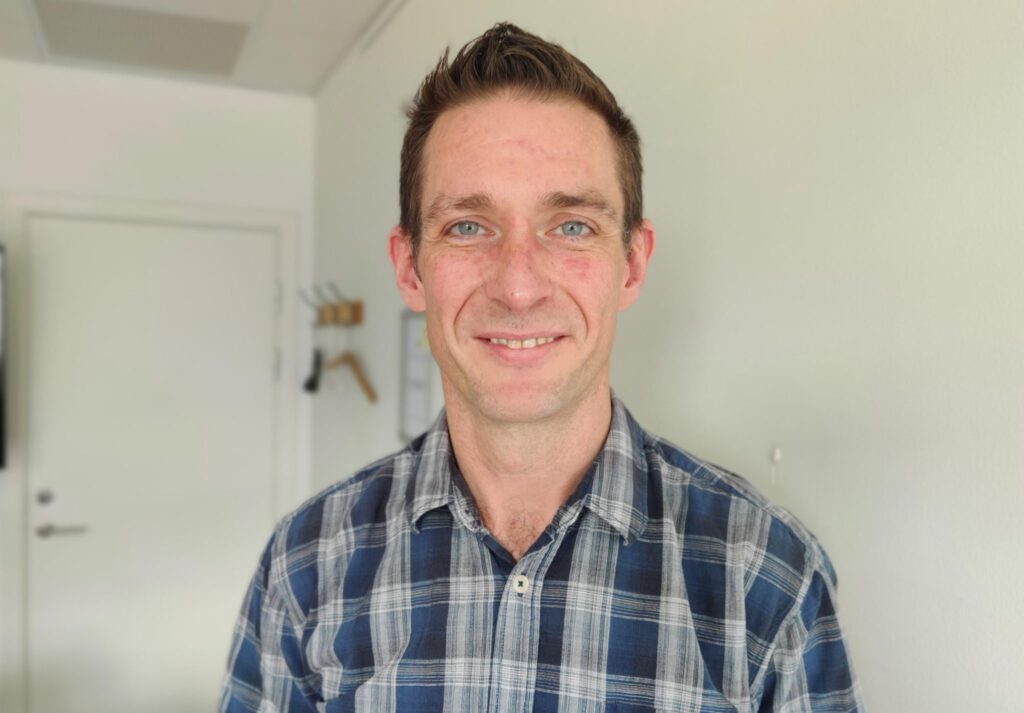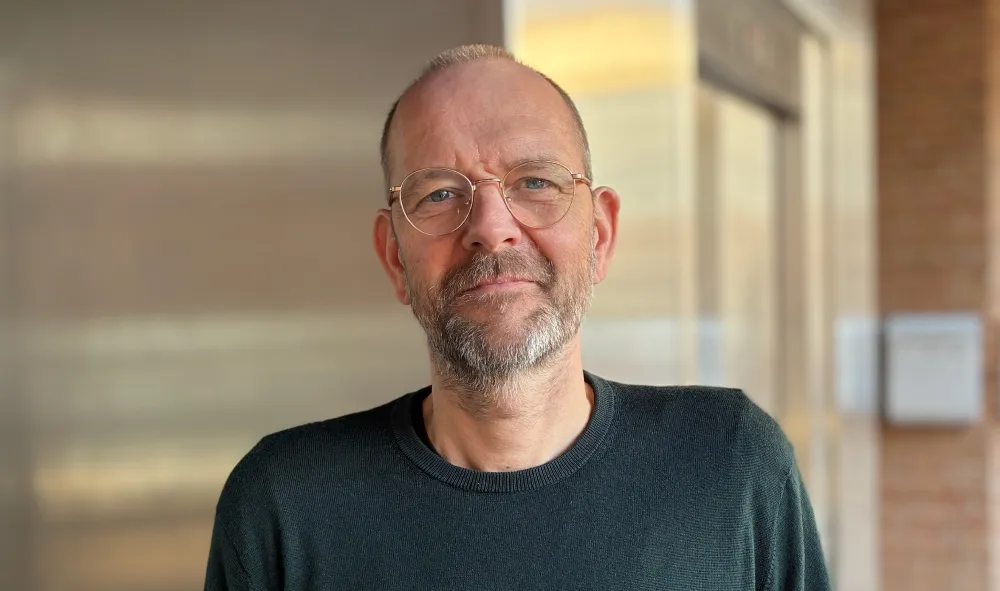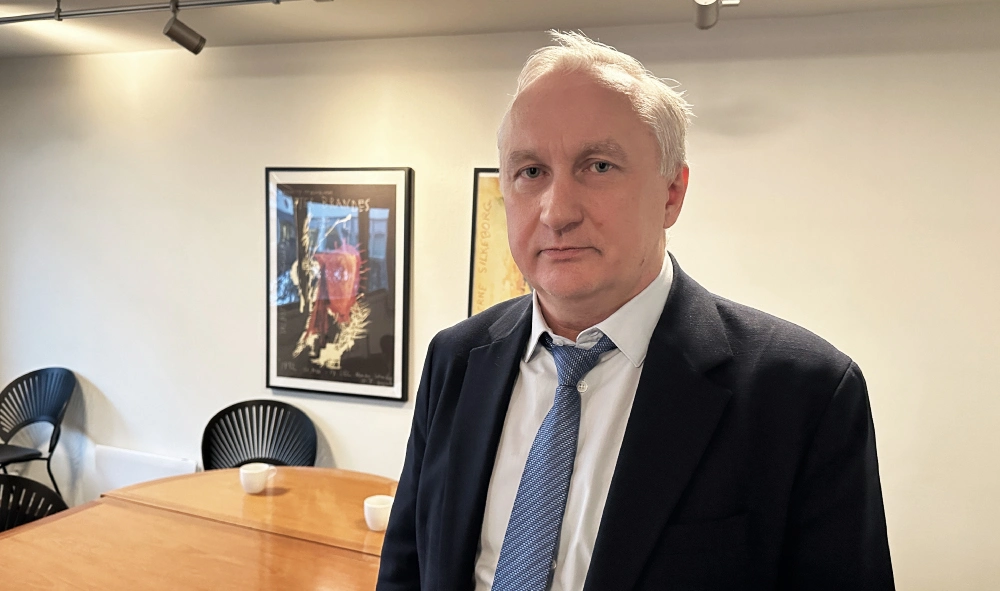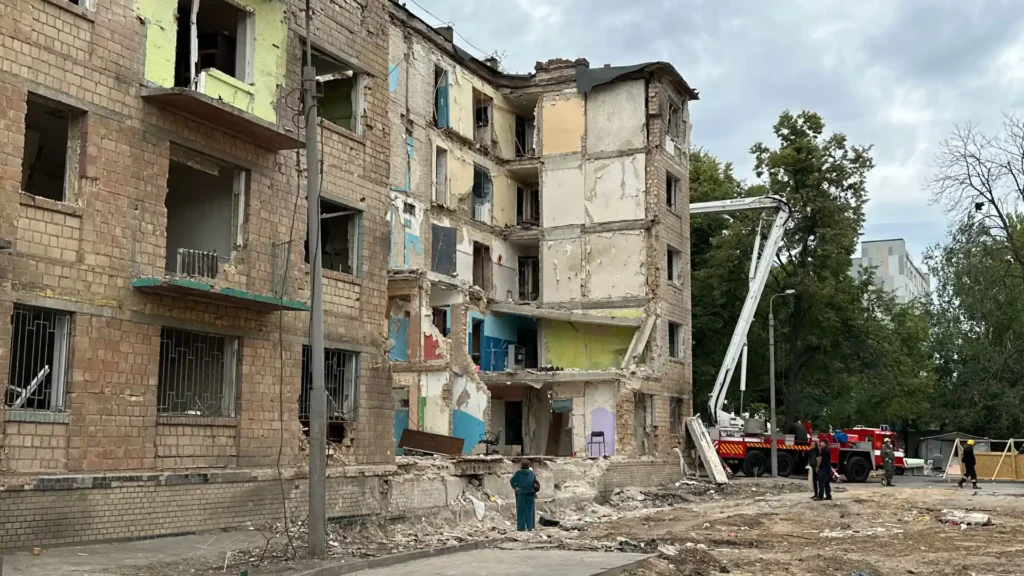A ‘trauma-informed’ and ‘survivor-centred’ approach is important when interviewing victims and witnesses of war crimes
Lawyers are good at collecting evidence of crimes and preparing prosecution of perpetrators.
But their expertise does not usually include taking care of the victims’ and witnesses’ mental health.
DIGNITY’s Ukrainian partner, Kharkiv Human Rights Protection Group (KHPG), realized this and recently had a six-hour online training for 18, mainly legal, staff members.
These staff members conduct interviews with victims and witnesses in order to collect evidence of torture and other war crimes committed in Ukraine. The collection is part of a joint project with DIGNITY funded by the Danish Ministry of Foreign Affairs.
»The legal staff members at KHPG are, obviously, not mental health professionals. And when interviewing victims and witnesses in a forensic setting, there is a risk of re-traumatization. It is important not to let the interviewees ‘hanging in the breeze’ once they have given their testimony«, explains Eoin O’Shea, a DIGNITY psychologist who conducted the training together with a former DIGNITY investigator, Joseph Clemmesen, who is an experienced police officer, currently working for the European Union Advisory Mission in Ukraine. The training focused on two recognized psychological frameworks of importance when interviewing: the ‘trauma-informed’ and ‘survivor-centred’ approaches.
»During the interviews, it is very important to be aware of common ‘signs and symptoms’ of PTSD and the ethical aspects of interviewing. And the KHPG staff showed great openness to the importance of the approaches we teach«, says Eoin O’Shea.
KHPG has developed a referral system so survivors of war crimes can now be referred to a team of psychologists. The same ‘referral network’ is being developed further also, to include a range of relevant services such as medical, social, legal, and housing supports.
Preparation is important
When interviewing victims and witnesses of war crimes as guided by both the trauma-informed and survivor-centred approaches, it is important to prepare the interviewee and make certain things completely clear. For example, they are under no pressure and may at any time remove themselves from the interview. Furthermore, that mental health and psychosocial support from KHPG psychologists is available and their testimony is in no way a condition for receiving this support.
Mykhailo Romanov, KHPG’s legal expert, participated in the training and found it very useful.
»The knowledge we gained and the advice we got make it possible to take a more strategic approach to interviewing victims without causing them undue suffering«, says Mykhailo Romanov.
He feels that the training helped the participants structure knowledge about psychology, develop a balanced approach to communicating with victims, prioritize issues that need to be clarified and choose the best ways to obtain important testimonies, which at the same time can be sensitively undertaken with each victim.
Different context in Ukraine
The interviews in Ukraine take place in a different context than that of Eoin O’Shea’s previous roles, such as supporting Syrian refugees through the Irish Red Cross – or indeed the way psychologists treat patients at the DIGNITY clinic in Copenhagen.
»In countries like Ireland and Denmark, frequent ‘clinical supervision’ of mental health professionals is a given. Unfortunately, that is not always the case in Ukraine. But this supervision, as well as effective self-care for mental health professionals, is important«, Eoin O’Shea points out. Such comments echo those made by the First Lady of Ukraine, Olena Zelenska – who herself has taken a lead role in supporting the mental health of Ukrainians affected by the conflict.
It is also worth noting the findings of recent research studies which examine broader societal attitudes towards mental health issues in Ukraine.
»Generally speaking, there may be a higher degree of stigmatization of persons with mental health issues in Ukraine. Due to this, many Ukrainians may be somewhat less likely to access mental healthcare support. These findings are something that we, and KHPG’s interviewers, must take into account when encouraging people to access the necessary supports we can link them with«, says Eoin O’Shea.
The online training with KHPG will be followed up after three months, and Eoin O’Shea hopes to further develop the cooperation with DIGNITY’s key partner organisation in Kharkiv.





